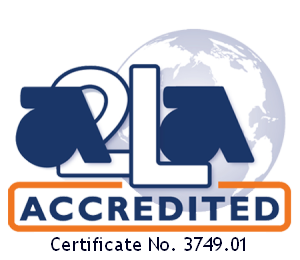VOLUME 20 NUMBER 1 SPRING – 2016 ISSN 1496-3876
GENERAL MECHANISMS OF ANTIMICROBIAL RESISTANCE IN BACTERIA
An understanding of the mechanisms of resistance is key to the effective use of antimicrobials. Knowledge of the mechanism is required to effectively test for resistance.
The antibiotic era can be said to have started in 1935 with the publishing of the discovery of prontosil, and a few months later the discovery of sulfanilamide, which was the active component of prontosil. Sulfonamides became widely used and were joined after 1941 by penicillin. For many organisms the early antimicrobials were impressively effective. Yet, even at this stage of use, Abraham and Chain detected “a substance destroying the growth inhibiting property of penicillin”, which they called “penicillinase.” (1) Furthermore, it was found that infections might initially respond and then fail.

Human Pathogens and Toxins Act – Licences
Every laboratory or person that performs activities with human pathogens (risk level 2 or higher) and toxins must have a licence under the Human Pathogens and Toxins Act (HPTA).



